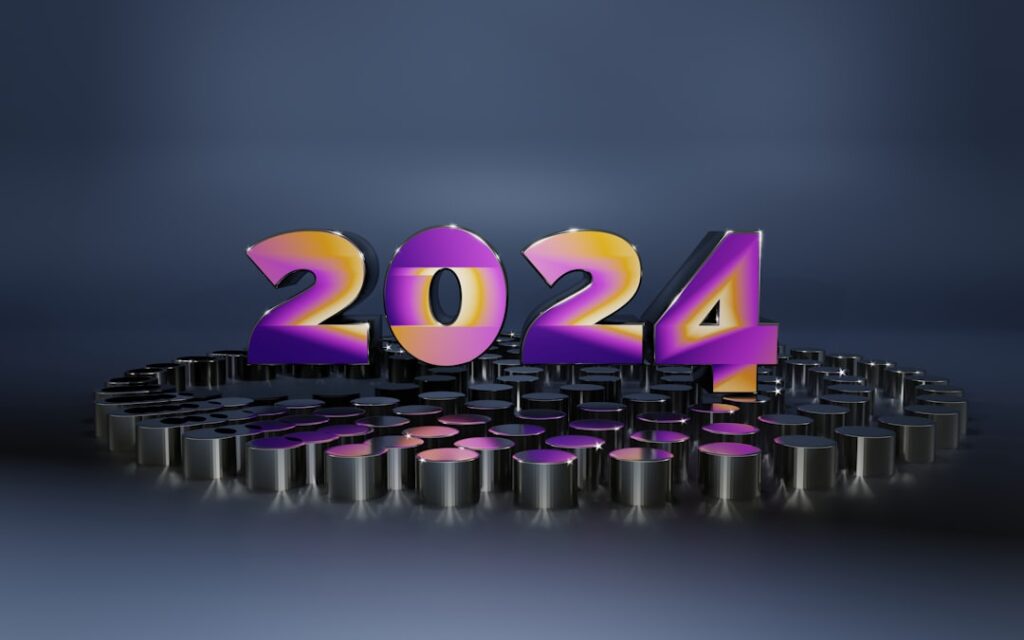Home Automation Trends 2024: Explore the Future of Smart Home Devices
As we step into 2024, the landscape of smart home devices is rapidly evolving, paving the way for groundbreaking home automation trends. In this article, we will delve into the significant advancements in technology and user preferences that are shaping the future of home automation. From enhanced interoperability to AI-driven solutions, understanding these trends can empower homeowners to create more efficient and intuitive living environments.
Rising Importance of Interoperability in Smart Home Devices
One of the top home automation trends in 2024 is the increasing demand for interoperability among smart home devices. As homeowners accumulate various smart devices from different manufacturers, the need for seamless integration becomes critical.
Benefits of Interoperable Systems
- Enhanced User Experience: Consolidated control through a single interface improves ease of use.
- Cost Savings: Users can choose devices based on functionality rather than brand compatibility.
- Future-Proofing: Interoperable systems are more adaptable to emerging technologies.
Key Platforms Leading the Way
Platforms like Google Assistant, Amazon Alexa, and Apple HomeKit are working tirelessly to promote interoperability. These ecosystems allow a wide array of devices from different brands to communicate effectively, which is crucial for a cohesive smart home experience.
AI and Machine Learning: Transforming Home Automation
Artificial intelligence (AI) and machine learning are increasingly being embedded into smart home devices, making them more responsive and efficient. AI-driven automation allows for personalization based on user behaviors, routines, and preferences.
Personalized Smart Home Experiences
Using AI, smart home technology can learn from your daily activities and automate routines. For instance, smart thermostats can adjust heating or cooling based on your typical schedule, ensuring optimal comfort and energy efficiency.
Enhanced Security through AI
AI is revolutionizing smart home security systems by using facial recognition and anomaly detection. Devices can now alert homeowners of unusual activities, providing an advanced layer of security that was not previously available.
Sustainability and Energy Efficiency in Home Automation
As environmental concerns grow, sustainability and energy efficiency have become paramount in home automation trends for 2024. Smart devices are increasingly designed to minimize energy usage and reduce carbon footprints.
Smart Energy Management Systems
Devices such as smart plugs, energy monitors, and intelligent thermostats allow homeowners to track and manage their energy consumption in real-time. For example, smart lights can be programmed to turn off when rooms are vacant, significantly reducing energy wastage.
Renewable Energy Integration
The integration of renewable energy sources like solar panels is another trend. Smart home systems can now manage energy production and consumption, optimizing the use of renewable resources and reducing reliance on traditional energy grids.
Rising Popularity of Voice Assistants
Voice-controlled devices have gained immense popularity in recent years and continue to be a transformative trend in smart home automation. With the capabilities of voice assistants like Siri, Alexa, and Google Assistant, controlling multiple devices becomes effortless.
Hands-Free Convenience
Voice commands provide unparalleled convenience, allowing users to operate their smart home gadgets without needing to use their hands or mobile devices. From adjusting lights to setting thermostats, voice-controlled devices enhance the user experience.
Accessibility for All Users
Voice technology is also instrumental in making smart homes accessible for elderly individuals or those with disabilities, offering them greater independence and control over their living environment.
Conclusion
In conclusion, home automation trends in 2024 are characterized by the increasing importance of interoperability, advancements in AI, a focus on sustainability, and the rising popularity of voice assistants. These trends are reshaping how we interact with technology in our homes, driving towards smarter, more intuitive living environments. By staying abreast of these developments, homeowners can make informed choices about the best smart home devices to enhance their lifestyles, ensuring their homes are both functional and future-ready.
Emerging Technologies in Home Automation
As we move into 2024, several emerging technologies are reshaping home automation. One of the most promising developments is the integration of artificial intelligence (AI) into smart home devices. AI allows for more intuitive automation, enabling devices to learn user habits and preferences over time. For example, smart thermostats can adjust temperatures dynamically based on daily routines, making homes more energy-efficient and comfortable.
The Role of IoT in Home Automation
The Internet of Things (IoT) continues to play a pivotal role in advancing home automation trends in 2024. Connecting a variety of devices—from security cameras to kitchen appliances—creates a seamless network that can be controlled from a central hub or mobile app. As IoT technology evolves, users can expect enhanced interoperability between different brands and increased security measures to protect their data and privacy.
Enhanced User Experience Through Voice Control
Voice-activated technology is at the forefront of home automation trends for 2024. Smart speakers and voice assistants are becoming ubiquitous, allowing users to control their smart home devices hands-free. With continued advancements in natural language processing, voice commands are becoming more accurate, making the user experience smoother and more engaging. This trend not only simplifies daily tasks but also promotes greater access for individuals with mobility challenges.
Sustainable Home Automation Solutions
As environmental awareness grows, so does the demand for sustainable smart home devices. In 2024, eco-friendly home automation solutions will become increasingly popular. Smart energy meters and intelligent appliances can help reduce energy consumption by optimizing usage patterns, making homes not only smarter but also greener. By embracing these technologies, households can contribute to sustainability while enjoying the benefits of modern home automation.


